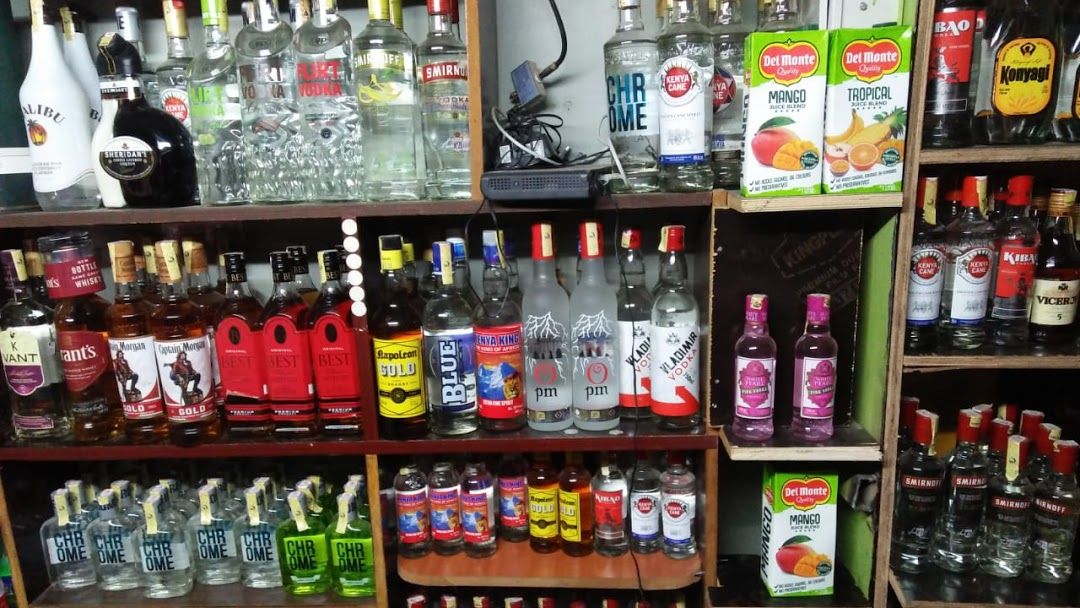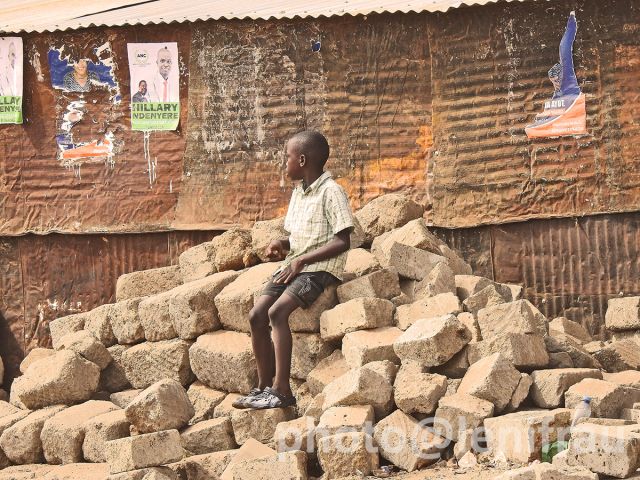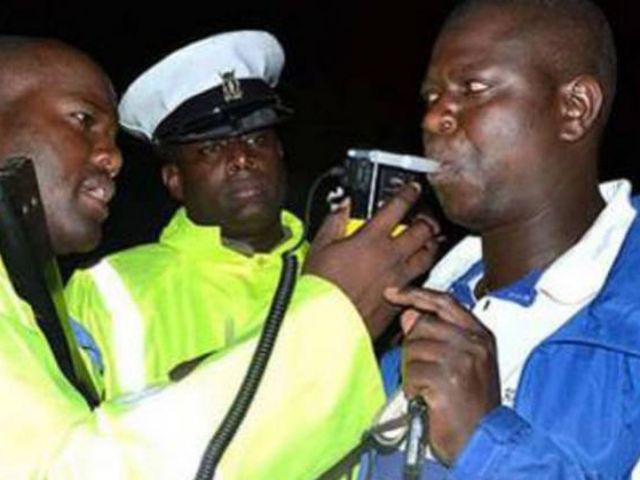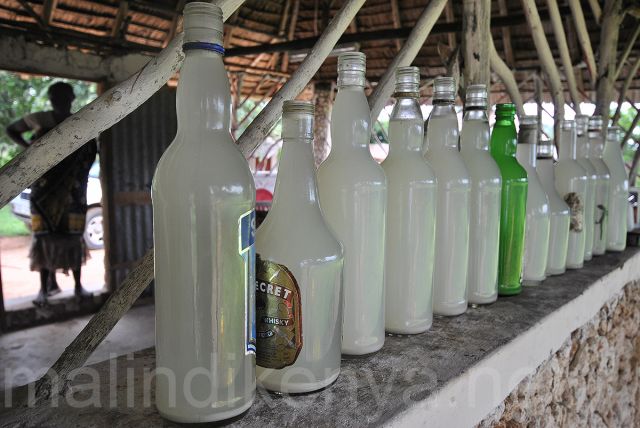
INSIDE KENYA
29-07-2020 by Freddie del Curatolo

President Kenyatta's decision to ban the sale and consumption of alcohol in public places in the country has aroused conflicting opinions and controversy, especially between restaurant managers and users.
Beyond the statements of the Minister of Health and instrumentalisation, those who know Kenya can sense what lies behind such a decision at a time like this.
The 'passion' of Kenyans for alcoholic beverages is no mystery.
The origin of the production of palm wine ("mnazi") and the distillation of grappa made from herbs and field roots ("chang'a", "muratina", "kumikumi") is lost in pre-colonial times.
The first Italian fathers of the Missions of the Consolata, in Kikuyu lands, were forced to burn their throats and livers before they began to argue with the chiefs (what language is not known, but homemade liqueurs certainly helped to dissolve it).
The British Empire brought beer, which for Africans became first a desire, then a status symbol. Being able to afford a bottle of Tusker was a dream come true.
But for those used to a cup of sugar cane water fermented at 50 degrees, one beer was not enough. It took three, four, five.
So with Independence, the first low-cost local brandy and whisky factories and national pride were born: Kenya Cane, a sort of original cachaça from the label, which depicts two lions holding up the maasai shield.
But Kenya Cane soon becomes a tourist attraction or simply the white rum for the national cocktail, the "dawa". (medicine, in kiswahili), basically a caipirinha with honey instead of sugar, or for the mojito imported years earlier by Ernest Hemingway in luxury hotels in the green hills of Africa.
The up-and-coming Kenyan class of sweet liqueurs are more popular with the emerging Kenyan class: the "Furaha" brandy. (Happiness), "Kibao" vodka, "Konyagi" Tanzanian cognac or "Waragi" Ugandan gin. All discreet poisons.
It is no coincidence that in a short time the number one disease of Kenyan well-being has become diabetes.
The passion for spirit drinks from the 1980s to the present day has seen the rise of clubs on clubs.
There are cosy pubs almost always outdoors with only the bar (horseshoe shaped with many stools all around) covered by a roof of makuti and horizontal refrigerators full of beers and soda to mix with spirits. Open from the morning (in practice a continuous schedule, since they close at dawn, especially on weekends), there is no law that prohibits them from serving alcohol at any time. The only restriction to be applied, according to the Alcoholic Drinks Control Act, concerns the administration to children under 18 years of age. This kind of club, in its best meaning, is also equipped with billiards and a stage for live music (today also in Kenya as in the rest of the world, often sadly replaced by simple disco-halls).
It's difficult to meet a village, meant as a village or agglomeration of houses on the edge of an asphalted and sometimes also dirt road, where not even one of these meeting places rises.
In addition to the first class pubs, less visible and often similar to shacks, half hidden by sheet metal walls or darkened by low, sloping roofs of makuti, there are myriads of local taverns, almost always dedicated solely to selling self-produced spirits. The law on spirits, implemented in 2010, also allows the production of Chang'a, subject to licenses and alleged controls, and only recently some counties have banned the trade of palm wine and other homemade liqueurs, if not consumed fresh at the place of production. Penetrating in such kiosks for a "mzungu" without invitation and without knowing the local language and dialect is almost impossible and even quite dangerous. Inside, the drunkenness of the patrons is evident, as is the intense smell of marijuana, which is the cheapest but not the only drug on the streets. Until a few years ago, there were also hovels with prostitutes ready to use for a handful of shillings and a favourite vehicle for the spread of HIV in the country, which today has more than a million HIV-positive people.
In past years, even recently, the crime news pages of national newspapers periodically filled with news of mass poisoning at weddings and funerals due to liquor made with methanol or infusions of harmful herbs. In 2005, 45 died in a single party, in 2014, the year in which the chang'a killed 80 in one fell swoop, the official deaths from altered alcoholic beverages were 2000.
A 2016 World Health Organization report shows that 4 out of every 100 people in Kenya die every day from alcohol abuse problems and that the consumption of illicit artisanal distillates accounts for 37% of the local market.

I wish to make bricks my future
redemption of...

As the Christmas and New Year festivities approach, Kenyan police will return to the roads with...

The Kenyan people love to socialize, get together and possibly party, forgetting the hardships of...
NEWS
by Freddie del Curatolo

The portal has been redesigned to be more functional for its readers, who after eight years are always many, daily.
From today Malindikenya.net has a simpler graphics, it's plain and in step with the times.
It 's more comfortable to browse, with...

The man who "has the longest" is more willingly betrayed by his partner.
This emerges from a study conducted in Kenya and published in the American journal Public Labour Of Science.
The polls do not always reflect reality, but from...

Every day Malindikenya.net gives information that may be of interest to Italians who live in, frequent...
EXHIBITION
by Leni Frau

With the presentation of certificates of participation to two schools in Malindi by the Director of the Italian...
EDITORIAL
by Freddie del Curatolo

SPECIAL
by redazione

Ten days before the national elections on 9 August, Kenyans and the country's various productive sectors are...
REPORTAGE
by Freddie del Curatolo

You can contain all the creativity, craftsmanship, culture and tradition of Kenya...